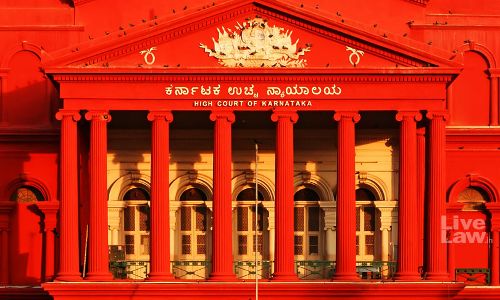
Karnataka High Court upholds 60 years for Retirement in the Private sector
DHARWAD: In a verdict that could benefit employees of private industries, the Karnataka High Court’s Dharwad Bench upheld the state government’s order enhancing the retirement age of employees in the private sector from 58 years to 60 years.
The government had enhanced the retirement age by modifying the Model Standing Orders of the Karnataka Industrial Employment Standing Orders (Amendment) Rules 2017 that was gazetted on March 28, 2017.
Hearing a petition filed by management of the Harihar unit of Grasim Industries Limited challenging the order, the bench on Tuesday said the appeal was devoid of merit and directed the company to continue workmen in its service till they were 60 years in terms of an amendment to Clause 29 of the Certified Orders.
The earlier petition by Grasim Industries Limited had been rejected by a single-judge bench of the high court and the appellant had moved to the division bench. The division bench directed the appellant to reinstate with continuity of service and pay full back wages to such workmen who retired on or after September 17, 2021, the day on which the petition was dismissed if on medical examination they were not found unfit for reemployment. The bench said: “Such retirees falling under the preceding clause but on medical examination are found to be unfit for reemployment shall be paid only 50% of the back wages for the period between the date of retirement and date on which they are called for medical examination.” It added that the appellant shall pay 50% of back wages to such employees, who retired from service on attaining 58 years on or after March 17, 2018, for the period between the date of retirement and the date on which they attained 60 years or date of death, whichever is earlier. The claim of other employees otherwise entitled to the benefit of amended clause 29 of Certified Standing Order but do not fit into any of these clauses may approach the deputy labour commissioner and work out their grievances, the high court said.
Justices Dixit and Bhat, quoting the Shukra Neeti (treatise on governance), said low salary, harsh treatment, insults, and impositions of penalties are causes of unrest among employees. Satisfied with adequate wages, promoted honorably, and cheered by gentle words, the employees would never desert their king
